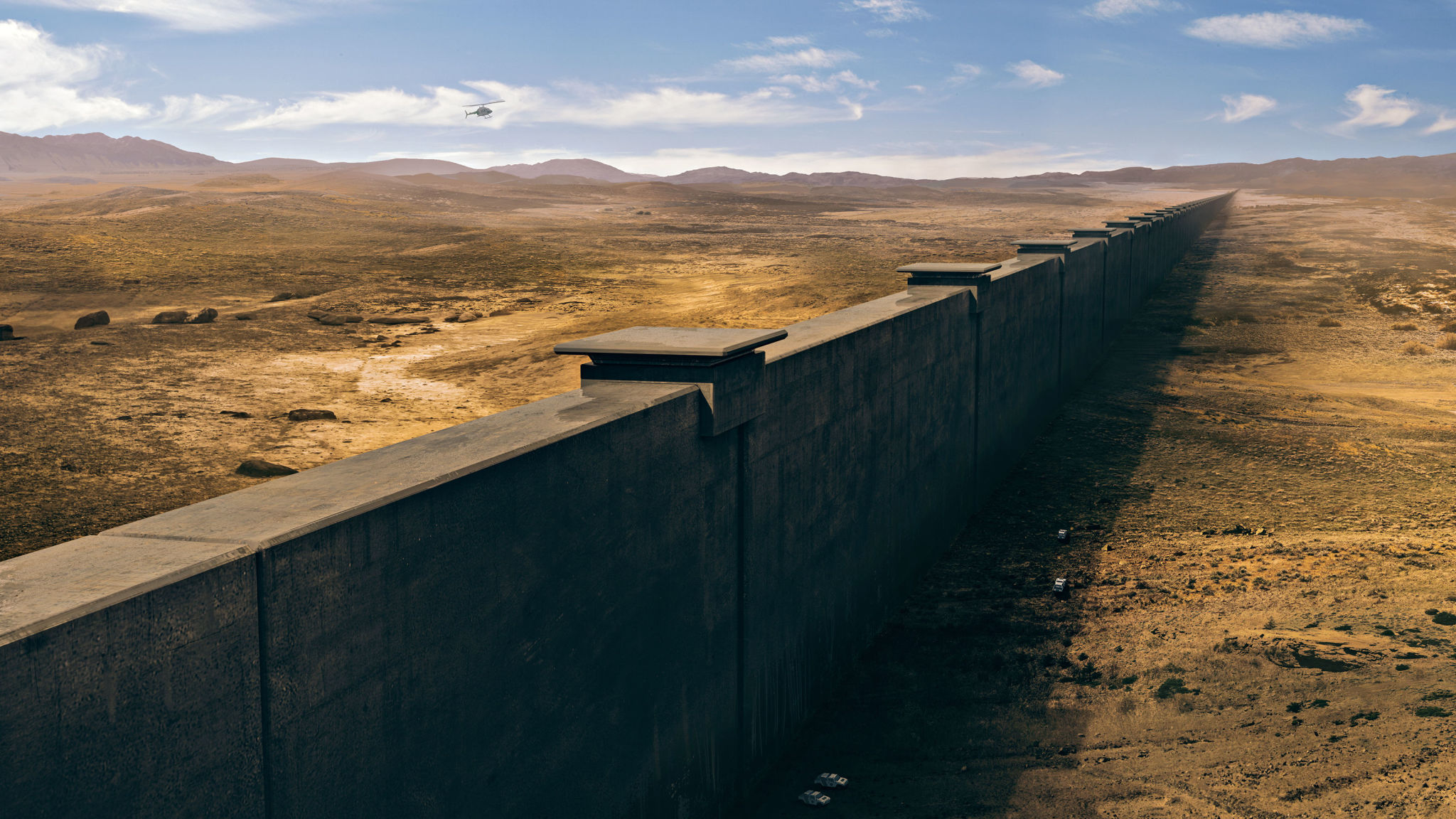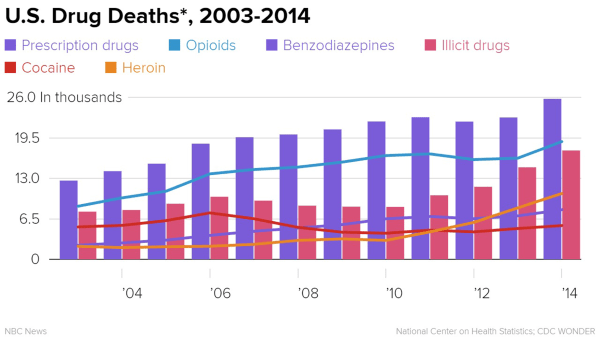I read the piece on what people at our border with Mexico think about having a wall to solve the immigrant problem in Esquire by John H. Richardson. I did that yesterday actually, but I needed to take a day to sit back and consider it all again.
If there is nothing else any of us can agree on here, it at least ought to be this: There are a number of personal realities involved here that certainly speak to a great deal of pain, and collateral damage, that either building, or not building, a wall would not address. It speaks volumes about how we usually go about things when neither side of having a wall, or not, do not necessarily outline their solutions with anything more than one or two big concept, and/or big ticket, specifics.
First off, of course, is that it has to be recognized that the people who live near the border on our side have to put up with a lot of shit. How could it be otherwise when you have so many people, already so desperate, and made even more so with the final trek to reach and cross, finally get there. If you were at extremes of thirst, and/or hunger, and poor to boot, you would do desperate things too. And however you view the humanitarian aspects of that desperation, those who have to deal with it first hand, on our side, are truly between a rock and a hard place. I know that if I lived there for any length of time I would probably see a wall as pretty good idea too. I would do that, obviously, because it would serve to make what I have been suffering through stop.
That it wouldn't make the problem itself stop is another matter altogether. And that of course is where things start to get complicated.
The thing is here, that to a very large extent, we were the ones who set things in motion, starting many decades ago, that created the conditions that forced so many of these people, from the south of our border, to be so desperate in the first place. And we did that with a combination of first, economic colonialism and resource rape; second: destabilizing political manipulations in the name of Anti Communism; and third: the further destabilization of our War on Drugs.
The fact is that the desperation that is festering in so many countries to the south of us is simply not going to go away by building a wall. Even if it stopped all further foot born immigration, it would only serve to create growing concentrations of those very same desperate people; either in Mexico, or other countries down there. And what is the one thing that we have learned when it comes to such situations? That they, and the failed states that created them, or are made to be failed states because of them, are then ripe ground for the kinds of hateful radicalization that makes for hoards of new enemies; enemies who might then be financed by opportunistic drug lords, or foreign despots there and elsewhere. The point being that stopping the unwanted immigration would still not alleviate our need to deal with desperate people; the only difference being that it would likely be far worse if we only moved to delay a final reckoning. And this is just the cold, realpolitik way of looking at things.
There is also, of course, a matter of significant morality here. People are suffering under unbelievable aspects of crushing poverty, and despotic abuse. Even if we weren't directly responsible for creating the conditions that brought these situations into being, we would still need to respond to the need because that's what a moral nation of conscience does; something we did before when so much of Europe went through several rounds of economic and political turmoil. We didn't have to consider building a wall then because we had vast oceans on both sides to limit the exodus. Then too, of course, we had Ellis Island to filter the huge influx, but even that didn't stop undesirables from coming in; the point being that whoever they are, whether Italian, Irish, or Jew etc, a few of them will always cause real problems. But we accepted that, not only because it was the moral thing to do, but because the more forward thinking of us knew that taking in that diversity would only serve to make us stronger in the long run, which it certainly did.
So. Where does this leave us?
What we have to realize here is that no one measure will be enough. That a coordinated group of measures needs to be implemented, and for my part, building a wall would be the least effective long term, not only because of the cost, and how that would limit the other things we could do to go with it, but because such a thing would be too tempting to become a simplified, one off stroke to take the problem out of sight; where out of sight out of mind takes over.
In my mind we have to
1: Stop the war on drugs to pull the money out from under the drug lords. 2: Provide more direct aid to our people living on the border to protect their property, and compensate them when there is loss. 3: Work with the Mexicans to set up a series of refugee accommodation facilities all along their side of the border to provide not only immediate aid, but housing so that they can either be processed for permanent work visas, or temporary work visas; perhaps even creating permanent worker communities for commuting workers (maybe giving them the raw materials to build their own homes and thus a vested interest in keeping them livable). 4: Stop the political manipulations in countries that don't support capitalism, and focus instead on targeted humanitarian and economic aide where requested, as well economic isolation for those guilty of humanitarian crimes.
The one thing we absolutely do not want to do, however, is to start listening to simplistic politicians pandering to emotions of the moment just to get votes. Especially rich ones who couldn't care less about the interests of either the working people on our side of the border, or the desperate people on the other side going through hell trying to reach it.

In which a card-carrying member of the East Coast cultural elite travels the length of the border in search of Donald Trump's America—and learns to stop worrying and love the Wall.
See Also:
by JOSH MANKIEWICZ, IZHAR HARPAZ and JON SCHUPPE






